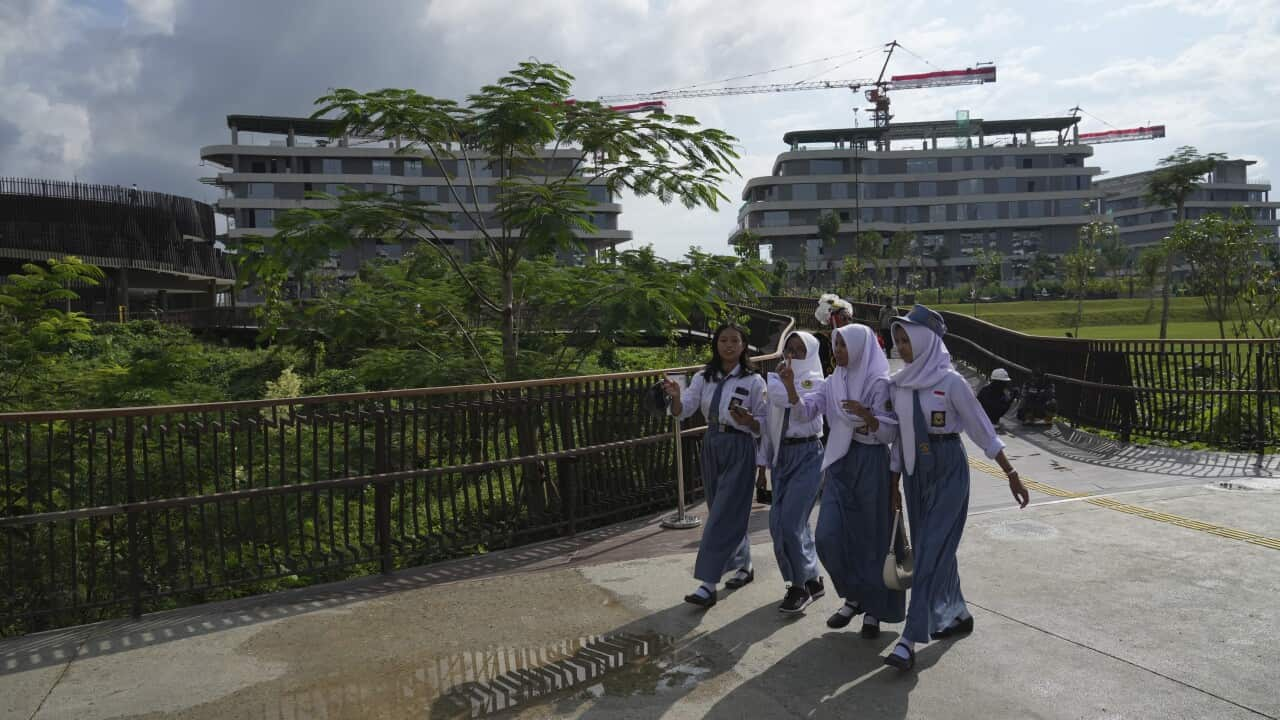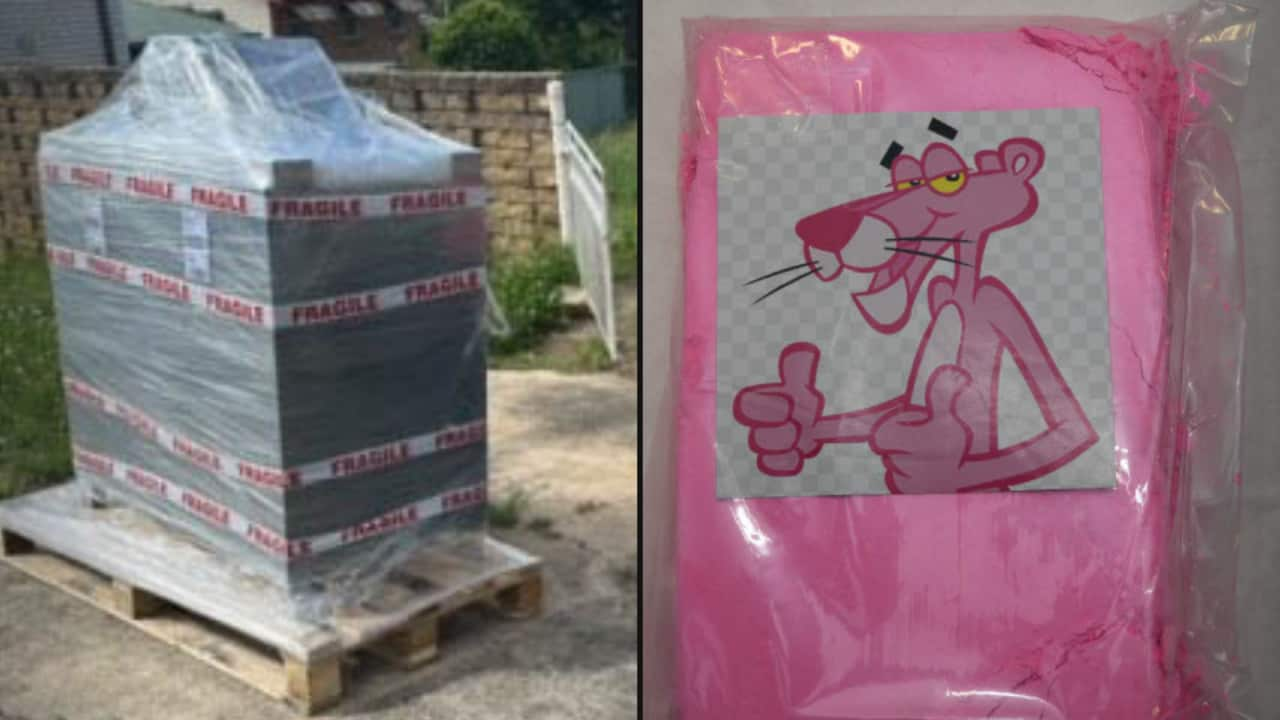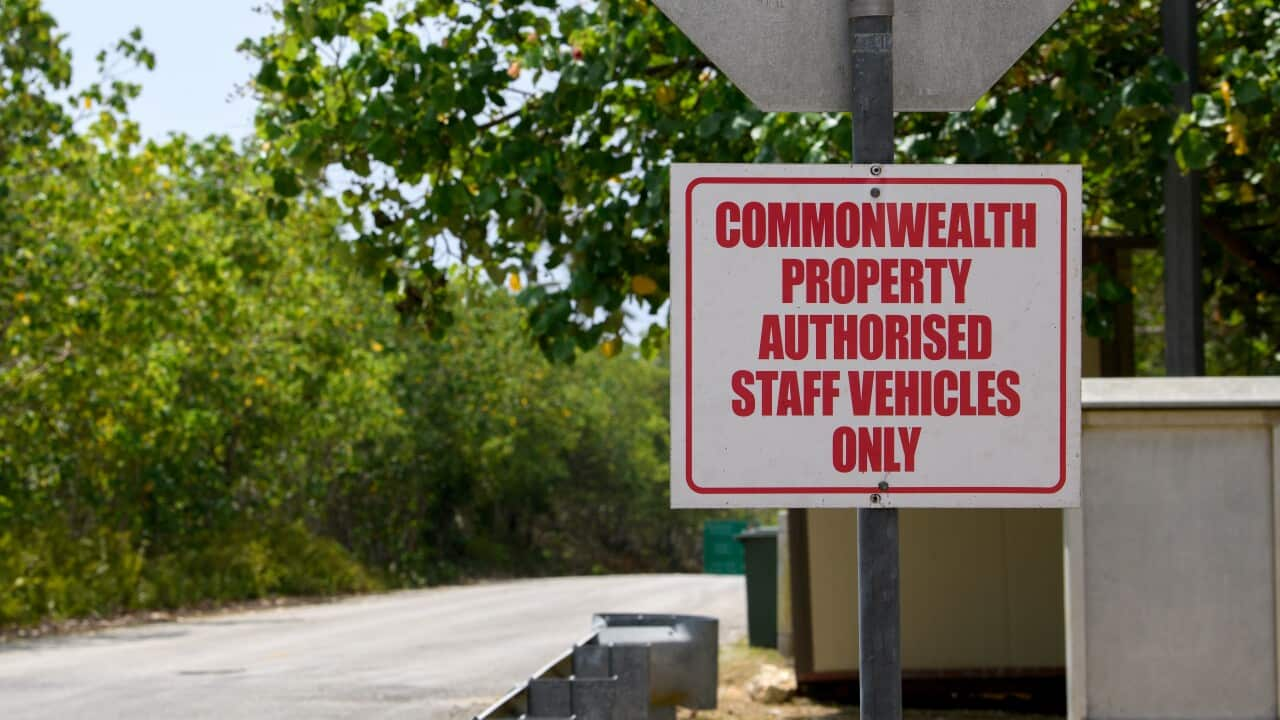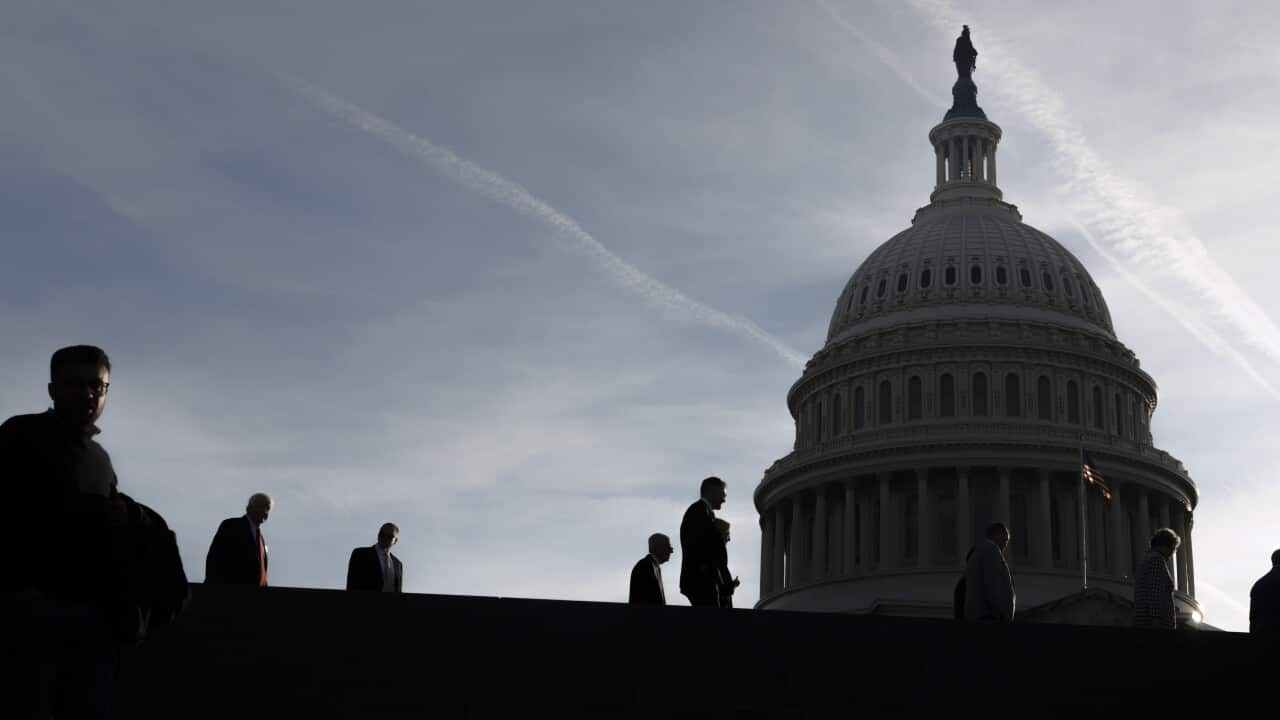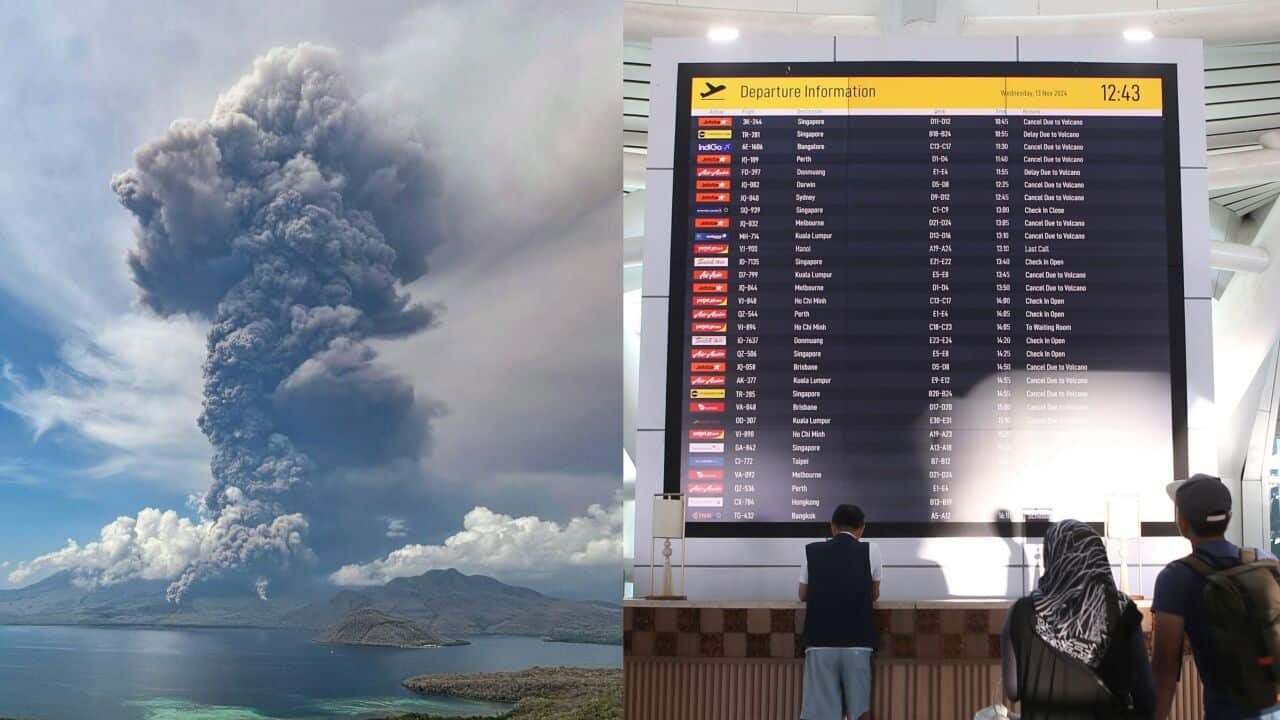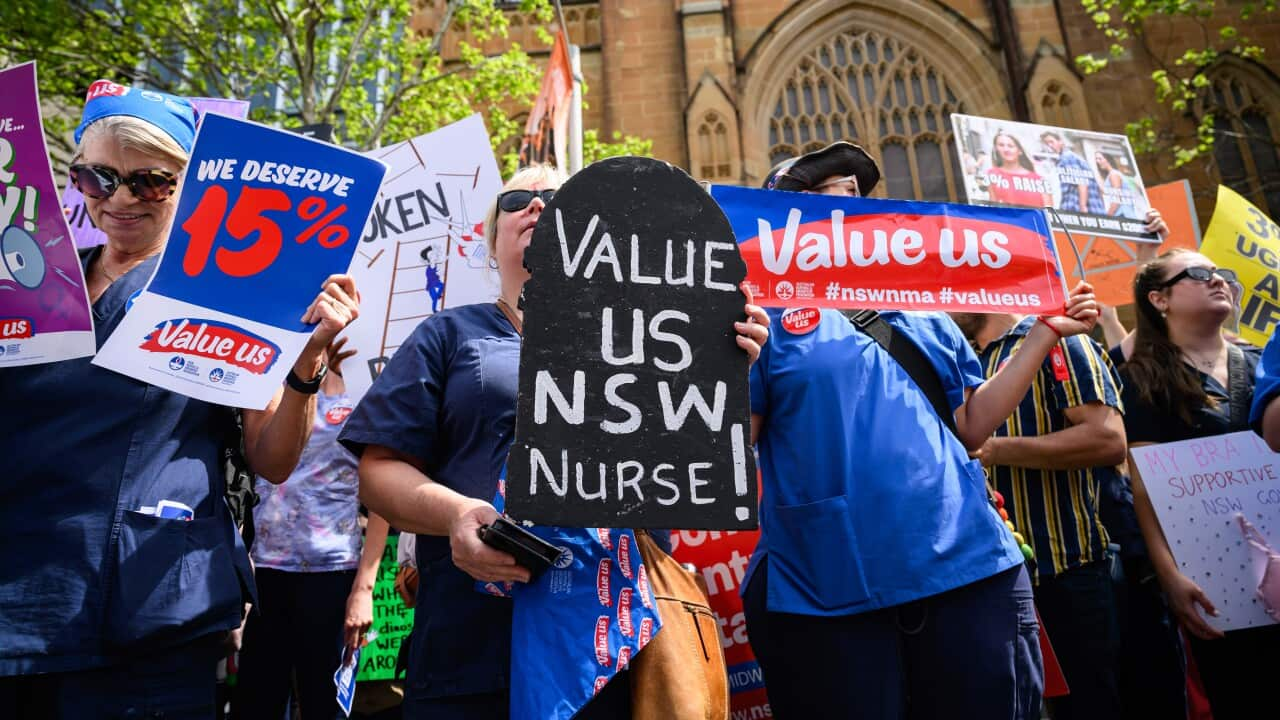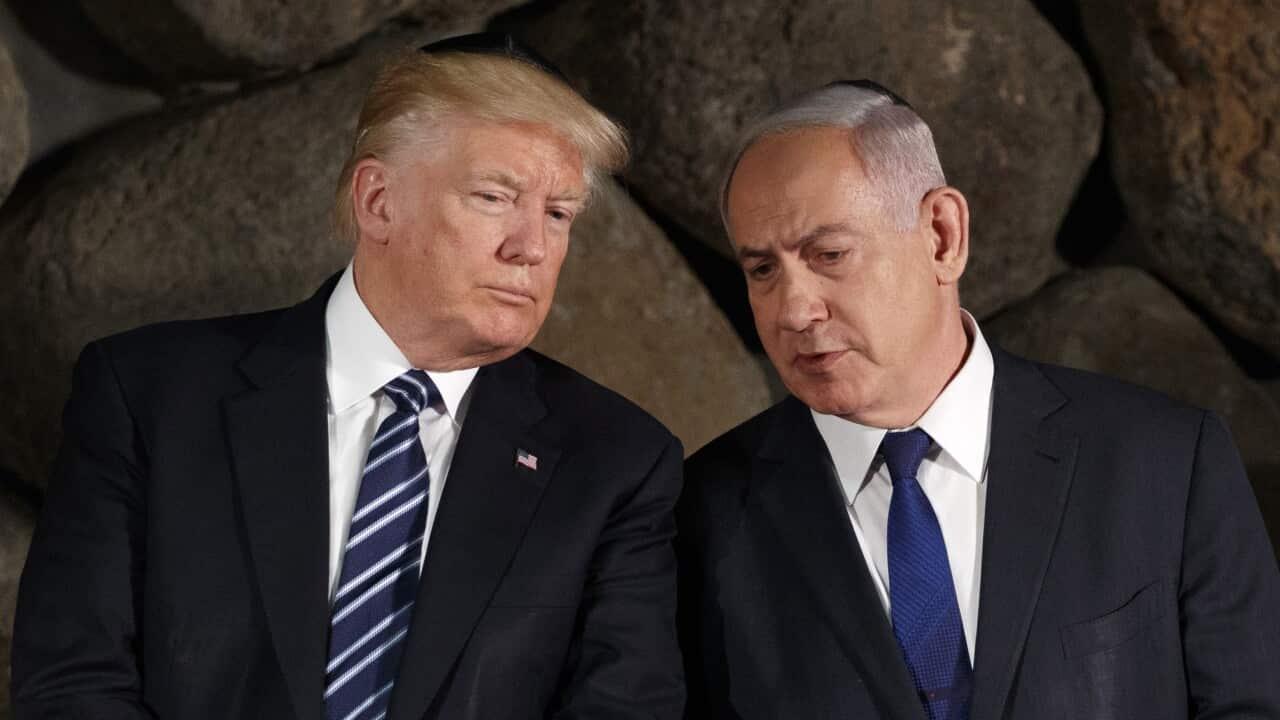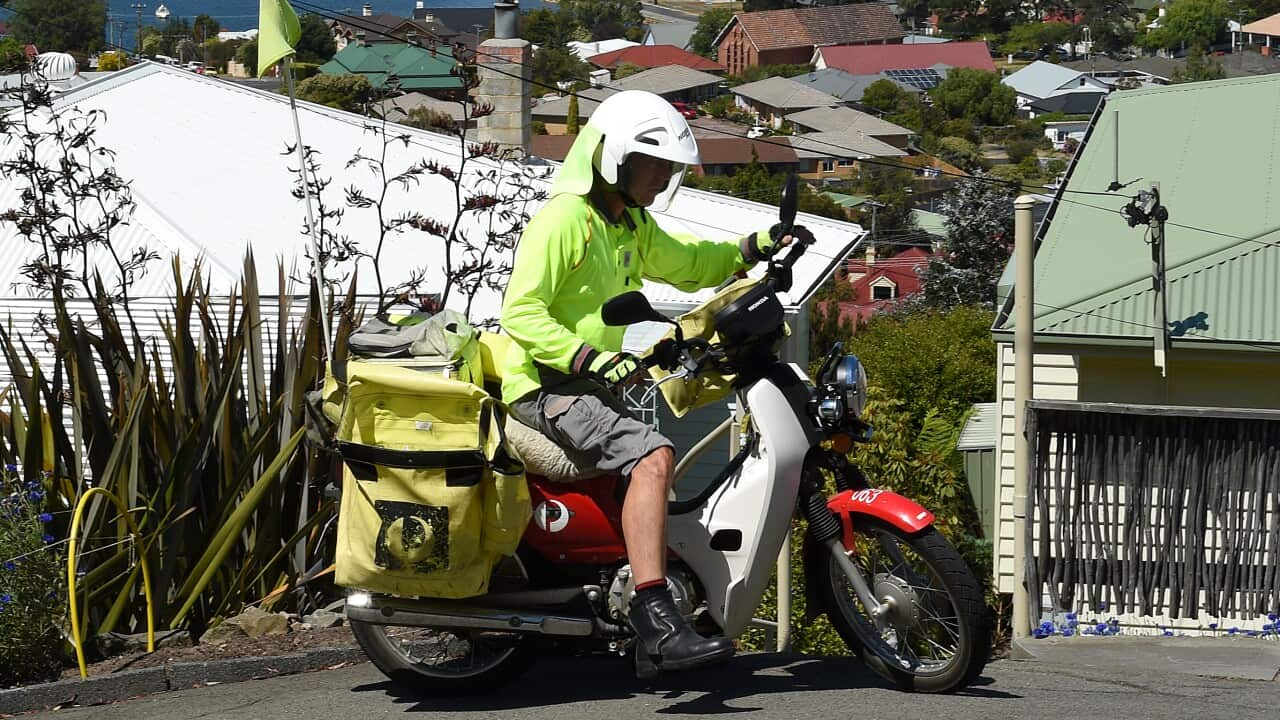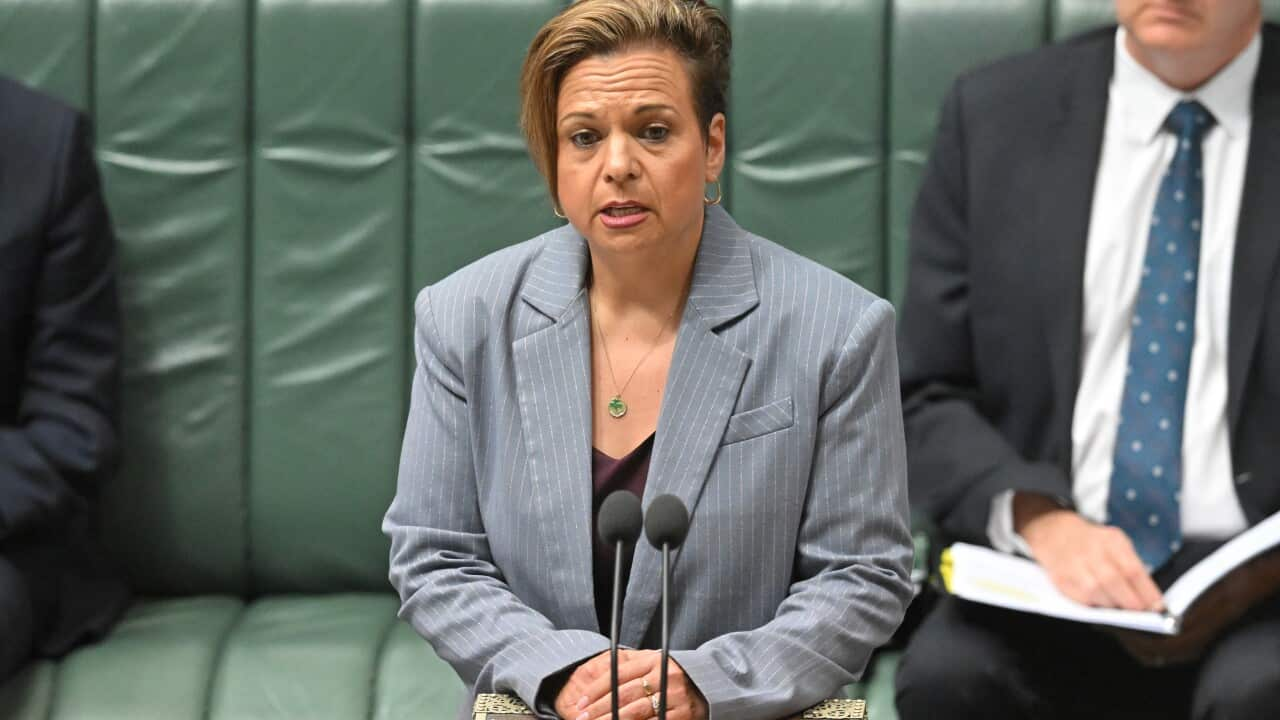Key Points
- Indonesia is shifting its capital from the densely populated island of Java to Borneo.
- Experts say that Indonesia’s outgoing president hopes for the new capital city to be his great legacy.
- However, some doubt that incoming president Prabowo Subianto will continue the project begun by his predecessor.
Moving Indonesia’s capital was a bold plan for a president obsessed with infrastructure.
Now five years into the project, outgoing President Joko ‘Jokowi’ Widodo is already working from the city-in-progress, Nusantara, which will host its first Independence Day event on 17 August.
But the city is nowhere near completion. It’s behind on both funds and deadlines, lacks support from locals and investors, and could be scrapped altogether, some experts argue.
Here’s what you need to know about the mega project to move the country’s capital, which isn’t expected to be fully completed until 2045.
Where is Indonesia’s new capital city?
Indonesia’s new capital is in East Kalimantan on the island of Borneo.
Its name, Nusantara, means ‘archipelago’ in the Indonesian language.
The new location was chosen because it’s in the geographical centre of the Indonesian archipelago, according to Stephen Sherlock — a professor at the Department of Political and Social Change at the Australian National University.
“In no sense is it an economic centre of Indonesia or a demographic centre,” he said.
“It’s just that if you look on a map, it looks like it’s roughly in the centre of Indonesia.
“It’s like building a capital near Alice Springs because it’s near the centre, not because it’s in the middle of anything in terms of economics or people, it’s just geographically located.”
Jokowi announced the plan in 2019, explaining that he hoped to reduce inequality between Java and Indonesia’s other islands — and reduce pressure on Java and Jakarta, both of which are densely populated.
Indonesian President Joko Widodo has started working from Nusantara’s presidential palace. Source: AAP / Adi Weda / EPA
Sherlock said Widodo has been “obsessed with building” during his decade-long tenure as president.
“His focus has very much been on building infrastructure, which comes from his background as a mayor. So for him, if he could leave behind a gleaming national capital, this would be his great legacy”.
Public servants were supposed to start working from Nusantara in February but were later told it would be September — if the city was ready then.
Will Indonesia’s incoming president support the project?
Indonesia will inaugurate Prabowo Subianto as president in October after his landslide election win.
There’s a real risk he won’t continue to fund the Nusantara project, Sherlock said, explaining it’s “very up in the air at the moment”.
When the idea was put forward in 2019, Prabowo’s party was very opposed to it, but his position appears to have softened.
His recent answers have not been conclusive when asked about whether he would support to project after his inauguration.
“We can at the very least say that he’s not expressing any enthusiasm about putting political energy or economic resources into it,” Sherlock said.
However, he would continue with the Nusantara project and, if possible, would even speed up its construction.
The new presidential palace has a design inspired by Indonesia’s national emblem, the mythical Garuda. Source: Getty / Yasuyishi Chiba / AFP via Getty Images
What’s happened to Jakarta?
and it’s predicted around a quarter of the city’s northern areas could be underwater by 2050.
Residents also complain about road congestion, air pollution and regular flooding.
Sherlock said moving the country’s capital is “not going to do absolutely anything for dealing with the problems of Jakarta. All it’s going to do is transfer a whole lot of environmental and social and other problems to the middle of Kalimantan”.
He said travellers will likely still fly into Jakarta and then have to catch another flight and do a two-hour drive to reach Nusantara.
What are Nusantara’s funding problems?
On top of delays, Nusantara has failed to attract crucial foreign investment.
Jakarta will fund 20 per cent of Nusantara and wants 100 trillion rupiah ($9.26 billion) in private investment by the end of 2024.
But as of June, it had received only 51.3 trillion ($5 billion) — all from domestic backers.
Experts say foreign firms are likely hesitant to commit to a city in one of the world’s largest stretches of rainforest, home to orangutans and long-nosed monkeys.
“They don’t want to invest in something at the cost of biodiversity,” said Aida Greenbury, an Indonesian expert on sustainability.
Nusantara will host Indonesia’s 79th Independence Day celebrations on 17 August. Source: Getty / Stringer / AFP via Getty Images
“It’s mission impossible,” said Nicky Fahrizal from Jakarta’s Centre for Strategic and International Studies.
“The state finances are not capable of building a mega-structure in only one or two years.”
What’s happened to residents of East Kalimantan?
Myrna Asnawati Safitri, the Nusantara Authority’s deputy for environment and natural resources, has previously said regulation is being finalised that will recognise areas of historical significance to local communities.
Issues such as land disputes are long-running and complex, she says.
Local ecologists told the Guardian that thousands of hectares of wetlands have been destroyed for the project which could have devastating consequences in Indonesia and beyond — because the mangroves filter carbon dioxide from the atmosphere.
Sherlock said two groups are most adversely affected by the development of Nusantara.
“The Indigenous Batik people are likely to be badly affected by this.
“The other group of people are trans-migrants — people who are mostly from Java, who came to the region as part of a program under the Suharto regime,” he said, referring to the authoritarian leader who led Indonesia for 30 years until 1998.
The trans-migration program was “an attempt to redistribute some of the population of Indonesia out of the highly populated island of Java to some of the outer islands”, he explained.
He said compensation given to people to buy their land has been “totally inadequate”.
With additional reporting by Agence France Presse.




